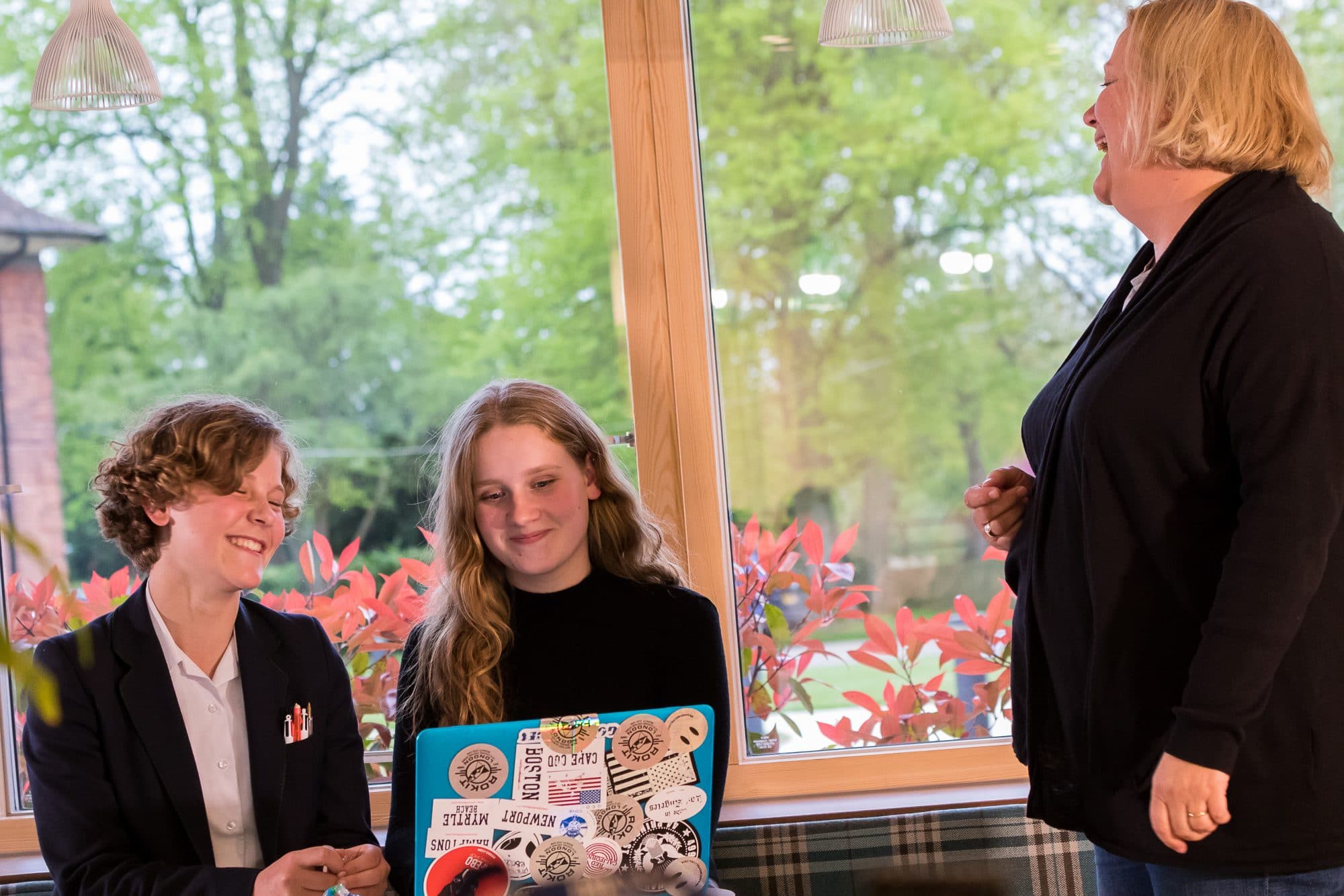
At a boarding school such as Bradfield, the pastoral care on offer is critical to the development of the pupils both academically and socially. If the pupil is in an enjoyable environment, they are more likely to thrive.
Wellbeing is part of who we are. It keeps us healthy and encourages our pupils, staff and everyone across the Bradfield community to devise healthy strategies to cope with the ever-growing demands in the classroom and outside of school. With a sense of wellbeing in life, we are far better able to take in new information, take risks and take responsibility for our learning.
Wellbeing is part of who we are.
In 2020, Personal, Social, Health and Economic (PSHE) education is becoming compulsory as we strive to provide our young people with the knowledge, skills and attributes to keep them safe and healthy. We have been very fortunate to have been offering our programme since in 2013.
The six pillars
Wellbeing is so crucial during the development of pupils in our care that we have integrated the programme into our curriculum. All pupils in Faulkner’s, Shell and Fifth Form now have a timetabled lesson each week in which they explore age appropriate material to enable our pupils to develop moral and ethical values, be self-aware and appreciate all aspects of life, faith and culture.
Drawing from the ‘six pillars’ of Wellbeing; resilience, health, equality, community, communication and reflection, these lessons provide discussions on a broad range of topics, whether religious, philosophical or other. From developing strategies to keep ourselves well and learning techniques for managing stress and exam anxiety, to drugs awareness and sex education.
Pupil-centred
Of course ensuring that our pupils are happy and enjoying their experience at Bradfield takes training and we offer it, not just to staff, but to our Sixth Form pupils as well who are part of the Peer Mentoring Programme. They have great insight into life at a boarding school with those shared experiences invaluable to understanding issues that younger pupils face.
With a sense of wellbeing in life, we are far better able to take in new information, take risks and take responsibility for our learning.
We have also offered tailored and bespoke sessions for our senior pupils in the Houses, focusing on topics which mean the most to them including exam anxiety and sexual health and we will be incorporating Wellbeing topics into the Athena Lecture programme on Saturday mornings.
We continue to review the way in which we deliver the programme to ensure the topics we discuss have a relevance in today’s world. Our Faulkner’s pupils began the year with an anti-bullying workshop while our Shell pupils have discussed drugs, particularly looking at festivals and the access to what used to be called ‘legal highs’. External speakers have also delivered workshops on e-safety and the dangers of gambling.
Staff wellbeing

More than twenty staff across our College community have completed our first mindfulness based stress reduction course. Alongside this, we have introduced the Unsung Colleague Award which recognises and thanks members of staff who go above and beyond their regular duties.
The Staff Welfare Committee looks across the College community, from maintenance to accounts and secretarial support, to ensure everyone is included in developing a wellbeing toolkit for staff.
It is not just pupils and staff who benefit from the Wellbeing programme. Once a term we deliver a parent-facing lecture that cover subjects from mental health to personal safety, consent and issues surrounding sexual assault. The feedback from these lectures so far has been overwhelmingly positive.



